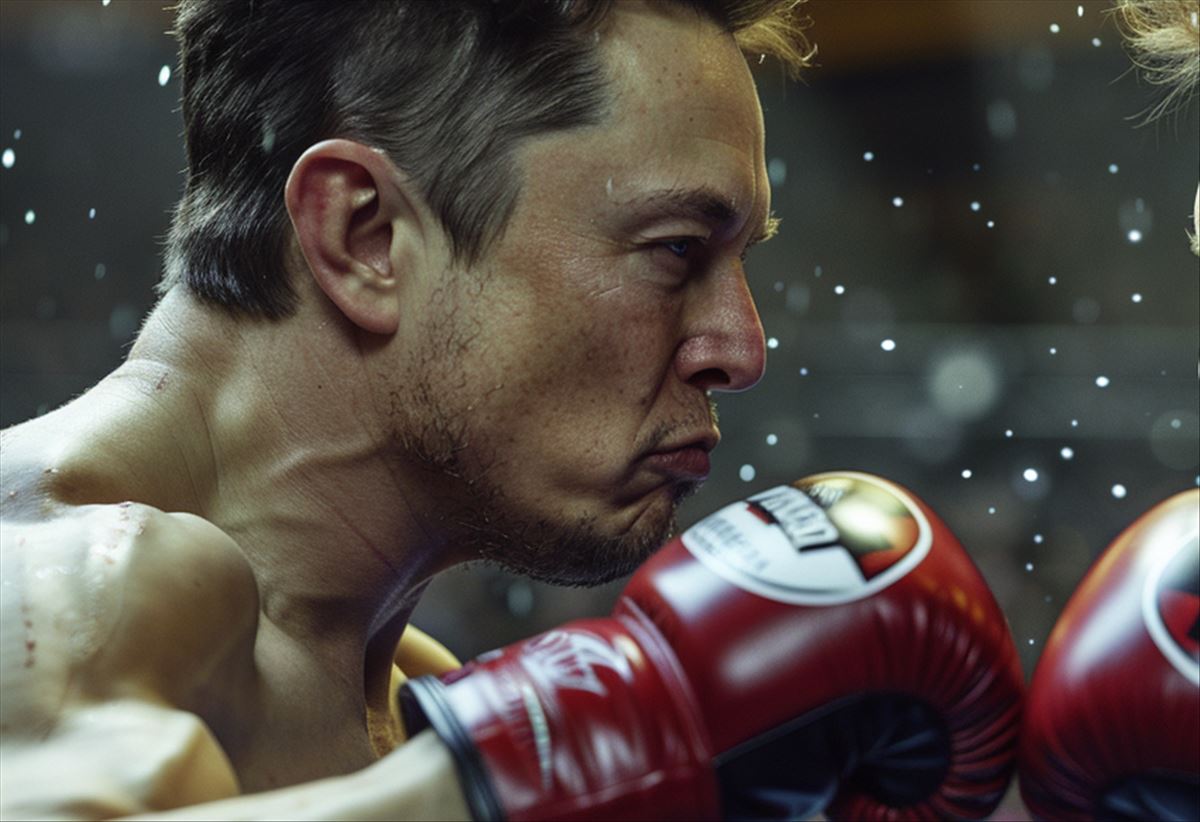OpenAI Evolution: Elon Musk’s Role in the Shift to ClosedAI

Introduction
Elon Musk’s involvement with OpenAI, a prominent organization in the field of artificial intelligence (AI), has been marked by a series of significant changes and tensions. Initially founded with the vision of openness and non-profit principles, OpenAI has transitioned towards a more closed, for-profit entity, leading to a complex relationship with Musk himself. This evolution reflects broader shifts in AI development and distribution, highlighting the challenges of balancing openness and competition in this rapidly evolving field.
OpenAI Founding
OpenAI was founded with the goal of addressing concerns about the concentration of power in AI development, particularly in relation to Google DeepMind. Musk and other co-founders aimed to ensure that the benefits of AI were accessible to all, without any single entity controlling access to advanced technologies.
OpenAI Transition
Despite its original ideals, OpenAI made the decision to become more closed in terms of sharing its research and developments. This shift was driven by concerns about the risks associated with advanced AI and the need for substantial resources to compete in the field. This decision represented a fundamental change in the organization’s approach and raised questions about its commitment to openness.
Relationship with Elon Musk
Musk’s relationship with OpenAI has been complex. Initially, he was an active donor and contributor to the organization. However, he has since expressed concerns about the direction OpenAI has taken, leading to tensions between him and the organization. Musk’s proposal to change the name of OpenAI to “ClosedAI” underscores his perception that the organization has moved away from its original principles of openness.
Competition and AI Development
Competition in the AI field, including between OpenAI, Google DeepMind, and Musk’s own AI project, xAI, has intensified. While this competition drives innovation, it also raises questions about the governance, ethics, and safety of AI. The intense race to develop advanced AI capabilities highlights the challenges of balancing collaboration and intellectual property protection.
Conclusion
The evolution of OpenAI and its relationship with Elon Musk reflect broader tensions and changes in the field of AI. The debate over openness in AI development is complex, involving ethical and practical considerations. The direction that OpenAI and similar organizations take will have a significant impact on the future of AI technology.
FAQs
- What led to the founding of OpenAI?
- OpenAI was founded to address concerns about the concentration of power in AI development and ensure that the benefits of AI were widely accessible.
- Why did OpenAI transition to a more closed model?
- OpenAI made the transition to a more closed model due to growing concerns about the risks associated with advanced AI and the need for substantial resources to compete in the field.
- What is Elon Musk’s relationship with OpenAI?
- Elon Musk was initially an active donor and contributor to OpenAI but has since expressed concerns about the organization’s direction, leading to tensions between him and the organization.
- How does competition impact AI development?
- Competition between organizations like OpenAI, Google DeepMind, and xAI drives innovation but also raises questions about the governance, ethics, and safety of AI.
- What are the challenges of balancing openness and competition in AI development?
- Balancing openness and competition in AI development is challenging due to the need to protect intellectual property while fostering collaboration and ensuring ethical AI development.
